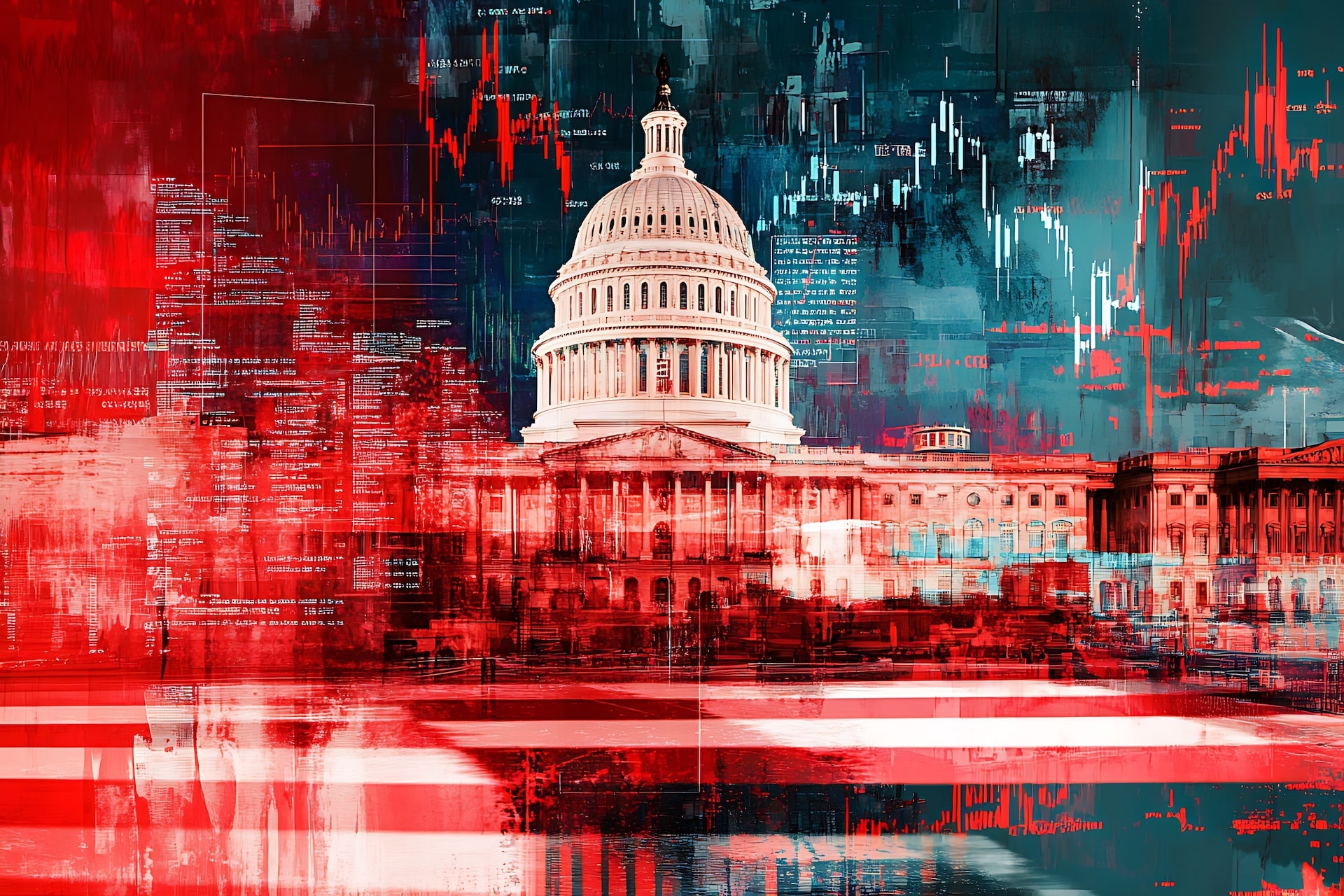Credit Sesame’s personal finance weekly news roundup July 2, 2022. Stories, news, politics and events impacting the personal finance sector during the last week.
- Fed official says economic expansion is in good shape
- Stocks halt slide with strong week
- Debit card holds at gas pumps freeze more balances
- Survey finds consumers changing banking habits
- Consumer confidence in the economy is declining
- Consumers may see credit lines decrease if recession hits
- Personal income and expenditure fail to keep up with inflation
- Few states saw growth in the first quarter of 2022
1. Fed official says economic expansion is in good shape
James Bullard, president of the Federal Reserve Bank of St. Louis and a member of the committee that decides on Fed rate changes, says recession concerns are misplaced. He stated that the expansion phase of the U.S. economic cycle is in its early stages. A primary reason for his confidence is that consumers still have large reserves of cash that they built up during pandemic shutdowns. Bullard feels that given the strength of the U.S. economy, the Fed should make fighting inflation its top priority. That would entail continuing the recent trend of aggressive interest rate increases. See full article at Bloomberg.com.
2. Stocks halt slide with strong week
The U.S. stock market made rare progress last week with a 6% overall gain. This halted three straight weeks of declines, as well as a sustained slump that has seen the S&P 500 lose nearly 18% so far this year. Last week was the second best week for stocks so far in 2022. The improved performance came despite indications from Fed Chair Jerome Powell that the Fed was committed to further rate increases to fight inflation, even though a recession is a possibility. See full article at Yahoo.com.
3. Debit card holds at gas pumps freeze more balances
When you use a debit card at a gas pump, the merchant may temporarily freeze a certain amount of your bank account balance until the actual value of the transaction has been settled. Some merchants are raising the amount of these frozen amounts to reflect higher gas prices. Those holds are typically lifted within a day or so. Even so, with some hold amounts now exceeding $100, it could lock up most or all of the available cash for people who keep a low balance in their accounts. VISA and Mastercard also recently announced similar increases in freezes on credit card lines for gas station purchases. See full article at WCPO.com.
4. Survey finds consumers changing banking habits
A recent FICO survey found that cash-strapped consumers are saving less this year. Only 42% of survey respondents now have automated savings programs, compared to 47% last year. 58% of consumers have less than $5,000 in savings. Many people are also keeping their checking account balances low, with 45% having less than $1,000 in checking. Perhaps as a by-product of low checking account balances, nearly one in three (32%) consumers have incurred an overdraft fee within the past year. See full release at BusinessWire.com.
5. Consumer confidence in the economy is declining
The Conference Board’s Consumer Confidence Index declined for the second straight month in June. It’s now at its lowest level since February, 2021. Worse, the Expectations Index, which is based on what consumers see coming in the months ahead, plunged to its lowest level since 2013. Inflation tops the list of things that are souring consumers’ view of the economy. See full release at Conference-Board.org.
6. Consumers may see credit lines decrease if recession hits
A new Consumer Financial Protection Bureau (CFPB) report examined the actions of credit card companies towards credit lines during a recession. The CFPB found that card issuers often cut customer credit limits during the Great Recession and in the early months of the COVID pandemic. In some cases, these cuts occurred even if the customer had not defaulted on any payments. Besides limiting the customer’s access to credit, these credit line cuts often hurt credit scores. Reducing the amount of available credit increases a customer’s utilization ratio, which is a negative factor in credit scoring. See full release at ConsumerFinance.gov.
7. Personal income and expenditure fail to keep up with inflation
The latest Bureau of Economic Analysis report on Personal Income and Outlays showed that inflation is outpacing consumer incomes and spending. While both income and spending were up on an absolute basis during May, they were both negative on an inflation-adjusted basis. This means recent pay increases have been something as an illusion, as they weren’t enough for purchasing power to keep up with inflation. Something similar applies to expenditures, where consumers have been spending more but getting less due to higher prices. See full report at BEA.gov.
8. Few states saw growth in the first quarter of 2022
Though the national decline in real GDP during the first quarter was mild, it had wide-reaching effects. The Bureau of Economic Analysis report on Gross Domestic Product by State found that just four states managed inflation-adjusted GDP growth during the first three months of 2022. Three of the four states whose growth outpaced inflation are in New England. Those states are New Hampshire, Vermont and Massachusetts. Michigan was the fourth state with positive real GDP. The worst state for economic growth in the first quarter was Wyoming which had a -9.7% change in real GDP. See full release at BEA.gov.




















